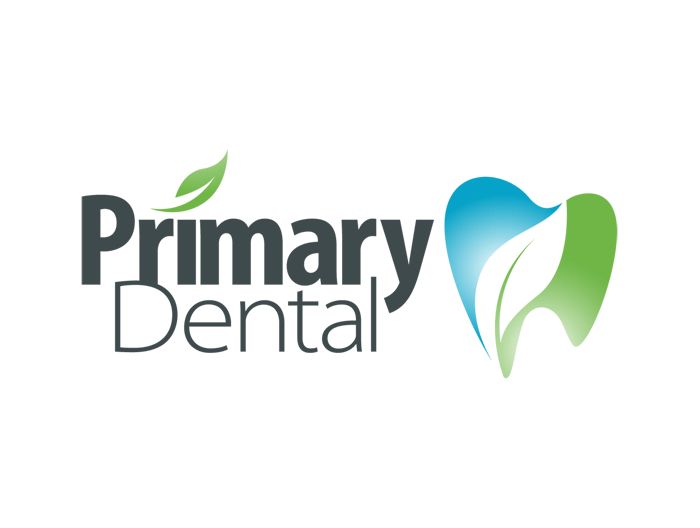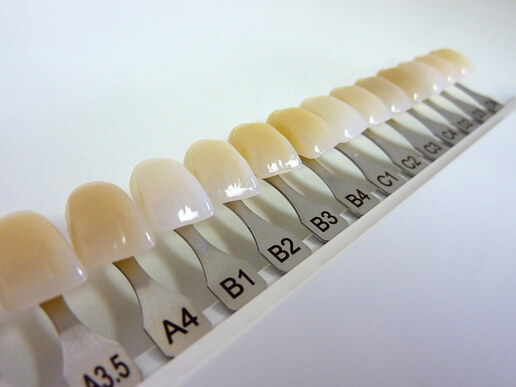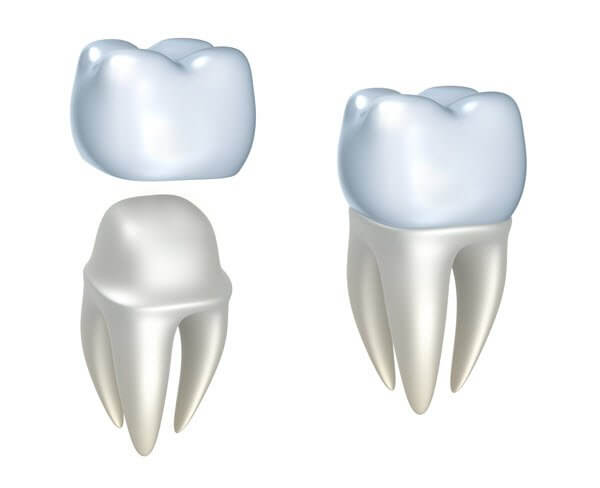The longer tooth decay is left untreated, the more layers are affected and the worse the damage will be.
What causes tooth decay?
Dry mouth causes 30% of all tooth decay. This is because saliva helps to wash away food debris and reduce plaque, which forms on teeth and gums. Plaque contains the bacteria that feed on sugars from food that remain on teeth. As the bacteria feed, they produce acids that erode tooth enamel over time, causing decay.
How do I know if I have tooth decay?
Unless you visit the dentist for regular six-monthly check-ups, you may not know you have tooth decay until you have a cavity or even an infected tooth. If this happens, you may experience:
- A toothache
- Swelling in your gums near a painful tooth
- Bad breath or a bad taste in your mouth
- White, grey, brown, or black spots on your teeth
How is it treated?
Regular check-ups help detect decay before a cavity forms and fluoride treatments may be sufficient. However, if the decay has eaten through the enamel, you may need:
- A filling, when the dentist will fill the hole and restore the tooth to its original shape.
- A crown if the decay has been left longer and you need a replacement for part of a tooth.
- Root canal therapy if the pulp of the tooth becomes infected.
- Extraction if the root of the tooth is severely damaged. The tooth may need to be removed and replaced with a bridge or an implant.
How to prevent tooth decay
We want to help you prevent tooth decay before it starts. Here’s how:
- Brush your teeth twice a day, after breakfast and before going to bed.
- Use fluoride toothpaste.
- Floss twice a day.
- Avoid foods and drinks that are high in sugar, especially soft drinks, sweet cereal, desserts, and sticky foods.
- Don’t snack before bedtime. Food left on the teeth overnight is more likely to cause cavities.
- See us for regular check-ups so that any early problems can be treated before major, expensive treatments are needed.
However, if you do get a toothache, don’t delay and visit us.





